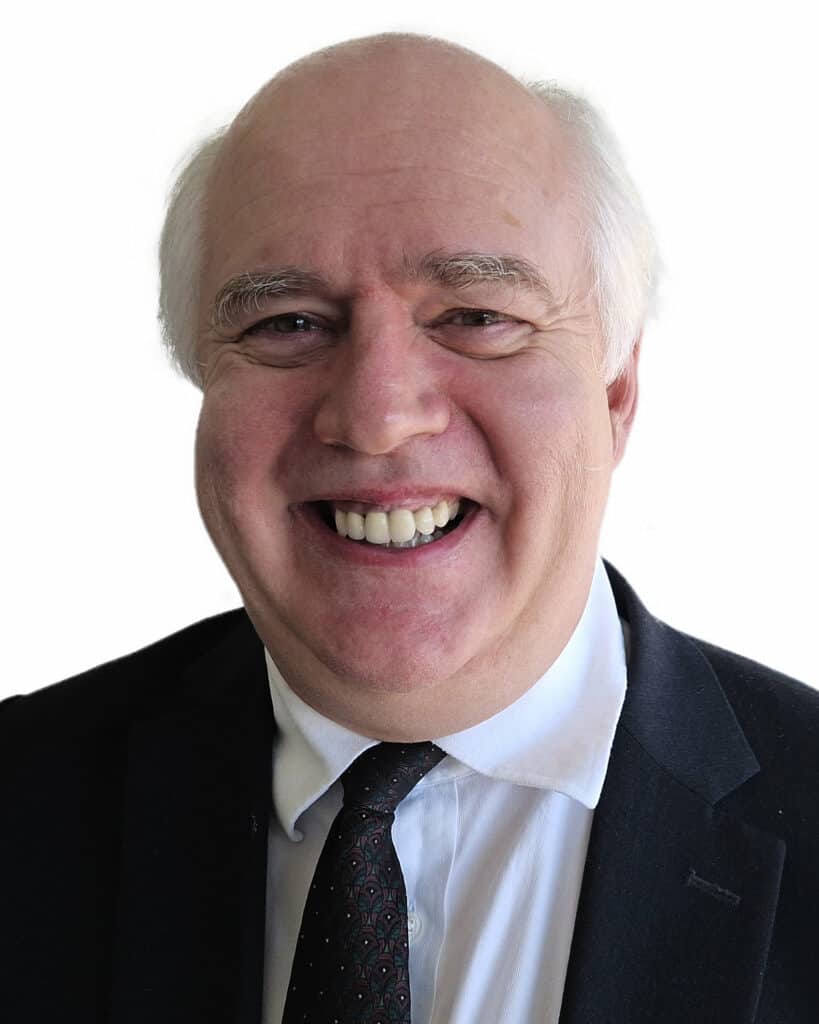
Once you have received the grant of probate in BC, you will need to gather key documents and notify financial institutions with certified copies of the grant. You will then manage the deceased’s assets, including bank accounts, investments, and property transfers through the Land Title Office. You will also need to settle debts and handle tax obligations before distributing assets to beneficiaries. Understanding each step guarantees you will fulfill your estate representative duties effectively.
Key Takeaways
- Contact all financial institutions with certified copies of the probate grant to begin accessing and managing the deceased’s accounts.
- File the deceased’s final tax return and obtain a clearance certificate from the Canada Revenue Agency before distributing assets.
- Transfer real estate ownership through the Land Title Office using certified copies of the probate grant.
- Settle all outstanding debts and liabilities of the estate before proceeding with asset distribution.
- Document all estate transactions, communications, and financial activities while maintaining detailed records throughout the administration process.
Understanding Your Authority as Estate Representative
Once you have received the grant of probate, you will have legal authority to act on behalf of the estate and handle its affairs.
This authority allows you to manage the deceased’s assets, pay debts, and distribute inheritances according to the will’s instructions.
Your role as estate representative means you can now access the deceased’s bank accounts, sell property, transfer vehicle ownership, and deal with government agencies.
You will need to provide certified copies of the estate grant to financial institutions and other organizations to prove your authority.
Remember that this authority comes with significant responsibilities.
You must act in the best interest of the estate and its beneficiaries, keep detailed records of all transactions, and follow legal requirements for asset distribution and tax obligations.
Key Documents and Records to Gather
After receiving your grant of probate, you will need to gather three essential categories of documents: financial records, legal papers, and personal identification materials.
For financial records, collect bank statements, investment accounts, pension details, and insurance policies. You will also need tax returns from the past several years, along with any records of debts or loans.
Legal papers should include property deeds, vehicle titles, business agreements, and the original death certificate. Do not forget supporting court documents and the grant of probate itself.
Personal identification materials encompass the deceased’s birth certificate, marriage certificate, divorce papers if applicable, and social insurance number. You will need these documents to properly transfer assets, close accounts, and fulfill your duties as an estate representative.
Notifying Financial Institutions and Third Parties
With the grant of probate in hand, you will need to notify all relevant financial institutions and third parties about your role as the estate’s legal representative.
Contact banks, credit unions, insurance companies, and investment firms to provide them with certified copies of the probate grant and death certificate.
You will also need to reach out to government agencies like Service BC, ICBC, and the Canada Revenue Agency.
Each institution will have specific requirements for transferring assets or closing accounts. Many will ask you to complete their own forms and may request additional documentation.
Do not forget to contact utility companies, landlords, and any subscription services to either cancel or transfer accounts.
Keep detailed records of all communications and maintain copies of any correspondence for your estate records.
Managing Estate Assets and Property Transfers
Now that you have received your grant of probate, managing the deceased’s assets and property transfers becomes your primary responsibility as executor.
You will need to gather certified copies of the grant to present to financial institutions, the Land Title Office, and other organizations holding the deceased’s assets.
For real estate transfers, you will work with the Land Title Office to change property ownership.
Bank accounts will need to be closed or transferred, and investment portfolios must be liquidated or distributed according to the will’s instructions.
Do not forget about vehicles, which require transfers through ICBC, and personal property that needs proper documentation for distribution.
Keep detailed records of all transfers and transactions, as you’ll need these for the final accounting to beneficiaries and the Canada Revenue Agency.
Handling Estate Debts and Tax Obligations
Managing estate debts and tax obligations stands as one of your most significant duties as an executor. You will need to identify and settle all outstanding debts before distributing assets to beneficiaries. This includes credit card balances, mortgages, loans, and any other liabilities the deceased held at the time of death.
Your tax responsibilities are equally important. You must file the deceased’s final tax return and obtain a clearance certificate from the Canada Revenue Agency.
Do not forget to account for any income the estate generates during administration, as you will need to file estate tax returns as well. It is essential to keep detailed records of all payments and maintain clear documentation of your actions.
Consider consulting a tax professional if you are unsure about complex tax matters.
Making Distributions to Beneficiaries
Once you have handled the estate’s debts and tax obligations, you will need to focus on distributing assets to the beneficiaries according to the will’s instructions.
Before making any distributions, you will want to obtain a clearance certificate from the Canada Revenue Agency to guarantee all tax obligations are met.
You can make interim distributions while waiting for the clearance certificate, but it is wise to retain sufficient funds to cover potential claims or taxes.
When you are ready to distribute, document everything carefully and have beneficiaries sign receipts acknowledging their inheritance.
If you are dealing with specific bequests, distribute these first before handling the residual estate.
Remember that the distribution process typically takes 3-6 months, and you will need to maintain detailed records of all transactions for your final accounting.
Conclusion
You have now got a clear roadmap for managing your BC estate after probate. Remember to exercise your authority carefully, maintain thorough records, and follow proper procedures for asset transfers and debt settlement. While the process can be complex, staying organized and meeting your legal obligations will help guarantee a smooth distribution to beneficiaries. Do not hesitate to seek professional guidance if you need support during this important responsibility.

We serve the entire province of BC. Our experienced paralegals can meet with you in Vancouver and throughout the Lower Mainland, making it easier for you to get the assistance that you need. We also have an interior office in Kamloops. That said, our lawyers have the infrastructure to work with any of our clients virtually — even in the furthest regions of British Columbia.
Call (604) 256-7152 [toll free 1 (877) 415-1484] to get routed to the best representative to serve you or contact us online to schedule an appointment.
We also have a dedicated intake form to help you get the ball rolling. Our intake team will review your specific case and advise you on the next steps to take and what to expect moving forward.
Our offices are generally open 8:30 a.m.—5:00 p.m., Mon—Fri.
Vest Estate Law is dedicated to providing you with practical and innovative advice in estate administration, estate planning, and estate disputes, do not hesitate to reach out and one of our knowledgeable staff will respond promptly to arrange a consultation that meets your needs.


Myron Plett
WILLS and ESTATES LAWYER
Myron is a seasoned litigator with nearly twenty years of experience and a broad range of skills that has led to significant successes in the Provincial Court of British Columbia, the Supreme Court of British Columbia. He has also taken his clients to victory before tribunals such as the Residential Tenancy Branch and the BC Human Rights Tribunal.

